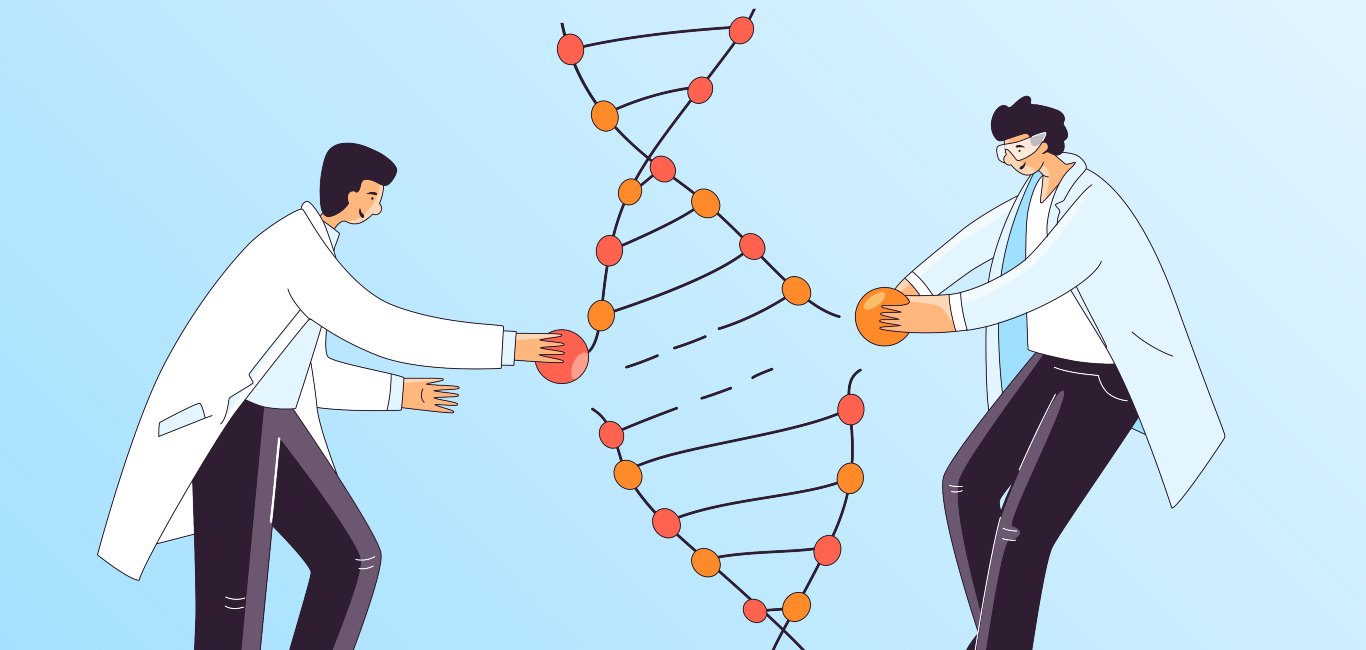
A team of US researchers has used the genome editing tool CRISPR to find a way to improve motor function in people with Huntington’s disease.
The method tested on mice models and human-derived stem cells has given results that could indicate a future therapeutic solution.
For the study, researchers from the University of California San Diego adopted an approach called CRISPR-Cas13d to avoid potential unknown complications arising out of changing a gene.
The neurodegenerative disorder
Huntington’s disease is an inherited neurodegenerative disorder caused by changes in the huntingtin (HTT) gene. The HTT gene carries repeated bits of a particular sequence, CAG, on its DNA. The huntingtin protein becomes toxic when the number of CAG sequences exceeds 42.
“The protein formed from the repeat-expansion forms toxic clumps in the [neurons of the region called] striatum of the brain. The striatum is an important region for regulating body movement,” says senior author of the study, Professor Gene Yeo, in a statement.
This clumping leads to Huntington’s disease, a neurologically debilitating condition with symptoms such as difficult movements, cognitive problems with memory and concentration, and mood swings.
The HTT gene is passed on to generations. Our cells have a hard time copying repetitive DNA, says Dr Yeo, adding that these copying errors can cause repetitive sequences to grow longer with each generation.
With each generation, the number of CAG iterations increases. Huntington’s disease appears at an earlier age in each generation.
How they tackled huntingtin
In the conventional CRISPR technique – a genome editing tool – scientists alter the gene sequence by adding or removing specific parts of a gene. Then, they add an enzyme to a synthetic ‘guide’ RNA which reaches the target gene on the DNA and cuts the unwanted portion.
However, with this method, scientists were unsure if the edited gene would lead to unknown complications. Instead, they used the modified CRISPR-Cas13d mechanism to target the intermediate RNA.
This intermediate RNA is called the messenger RNA or mRNA — the chemical link that carries the information from the DNA to the protein synthesis unit of the cell. The toxic ‘huntingtin’ protein build-up is tackled by mowing down the accumulated intermediate mRNA.
“Our goal was to engineer a type of therapy that would only target the toxic RNA that causes Huntington’s and could keep the rest of the human genome and transcriptome intact”
Encouraging results
The researchers tested the CRISPR-Cas13d method on cultured stem cells (cells reversed back to their nascent stem cell stage-induced pluripotent stem cells) from three persons with Huntington’s, and on mice carrying the Huntington’s condition. The modified tool helped them to accurately remove the repeated CAG sequences on the mRNA.
They noticed that motor coordination improved substantially in the mice after the gene editing. Moreover, it slowed the degradation of neurons in the striatum of the mice’s brain and reduced the toxic huntingtin protein levels.
“The improvements lasted for at least eight months without adverse effects,” says Prof Wenzhen Duan, co-author of the study.
“Our goal was to engineer a type of therapy that would only target the toxic RNA that causes Huntington’s and could keep the rest of the human genome and transcriptome intact,” said Dr Kathryn Morelli, a research fellow in Dr Yeo’s lab.
People with Huntington’s face progressive movement difficulties from a young age. Eradicating the impending symptom would be a step of hope for both the individual and their families.

















